PRESIDENT TRUMP: “Erdogan did an unfriendly takeover in Syria.”
In a sharp critique that has sparked renewed interest in U.S.-Turkey relations, former U.S. President Donald Trump accused Turkish President Recep Tayyip Erdogan of conducting an “unfriendly takeover” in Syria. The statement, made during a recent public appearance, has reignited debates over Turkey’s role in the Syrian conflict, its relationship with the U.S., and the broader geopolitical implications of Turkey’s military actions in the region. Trump’s comments come at a time when U.S.-Turkey relations are under significant strain due to differing policies on Syria, the Kurdish issue, and Turkey’s increasingly authoritarian political trajectory. In this blog post, we will explore Trump’s remarks, the context behind them, and the complex dynamics of U.S.-Turkey relations in the Middle East.
The Background: Turkey’s Role in Syria
Turkey’s involvement in Syria has been a key point of contention for years. Since 2016, Turkey has launched several military operations aimed at combating both Kurdish separatist groups and the Islamic State (ISIS) in northern Syria. However, Turkey’s primary target has been the Syrian Democratic Forces (SDF), a Kurdish-led militia that Turkey views as an extension of the Kurdistan Workers’ Party (PKK), a group classified as a terrorist organization by Turkey, the U.S., and the EU.
In 2019, Turkey launched Operation Peace Spring, a military offensive against the Kurdish-controlled areas of northeastern Syria, prompting widespread international criticism. The operation resulted in significant displacement of civilians and further destabilized the region. While Turkey framed its actions as part of its fight against terrorism, many countries, including the U.S., condemned the offensive, with some viewing it as an opportunistic and aggressive expansion of Turkey’s influence in Syria.
Trump’s statement about Erdogan’s “unfriendly takeover” refers to these actions, specifically highlighting the nature of Turkey’s military operations and its impact on the Kurdish population in Syria, who had been key allies in the fight against ISIS.
Trump’s Criticism of Erdogan and Turkey’s Actions in Syria
Trump’s remark that Erdogan conducted an “unfriendly takeover” in Syria underscores the former president’s disapproval of Turkey’s actions in the region. While Trump’s approach to foreign policy was often characterized by a desire to reduce U.S. military involvement abroad, his relationship with Erdogan and Turkey has been complicated by Turkey’s military operations in Syria.
- The U.S. Withdrawal from Northern Syria
One of the most controversial moments of Trump’s presidency was his decision to withdraw U.S. troops from northern Syria in 2019. This move was widely criticized, as it was seen as abandoning the Kurdish forces, who had been instrumental in the fight against ISIS. Critics, including members of Trump’s own party, argued that the U.S. decision to pull out of Syria allowed Turkey to carry out its offensive with little resistance from American forces. Trump’s withdrawal of troops opened the door for Erdogan to expand his military presence in northern Syria, leading to what Trump now describes as an “unfriendly takeover.”The decision also highlighted the complex relationship between the U.S., Turkey, and the Kurdish-led SDF, as well as the broader regional power struggles in Syria. Trump’s move was seen as a shift away from traditional U.S. alliances in the region, leading to concerns about America’s commitment to its Kurdish allies and its influence in the Middle East. - Erdogan’s Geopolitical Ambitions
Erdogan has long sought to expand Turkey’s influence in the Middle East, and Syria has been a key area for these ambitions. Turkey’s military presence in northern Syria has allowed Erdogan to strengthen his country’s strategic position, particularly in the context of the Syrian civil war and the broader regional dynamics. Erdogan’s actions, including the establishment of military bases and control over key territory, have been viewed as a method to assert Turkish power and protect Turkey’s borders from Kurdish separatism.However, Erdogan’s military actions have also raised concerns about the humanitarian impact of his operations, with thousands of civilians displaced and reports of human rights abuses. Trump’s reference to an “unfriendly takeover” reflects his criticism of Erdogan’s methods, which many see as exacerbating the instability in Syria and further complicating efforts toward a peaceful resolution to the Syrian conflict. - The Kurdish Dilemma
One of the most contentious aspects of Turkey’s involvement in Syria is the Kurdish issue. The Kurds, particularly the Syrian Democratic Forces (SDF), played a crucial role in the defeat of ISIS, working closely with U.S. forces. However, Turkey views the Kurdish groups as terrorist organizations and has consistently sought to undermine their influence. Turkey’s military operations in Syria have targeted Kurdish-controlled areas, displacing civilians and further complicating the already complex situation in the region.Trump’s comment reflects his awareness of the delicate balance between supporting Kurdish forces and maintaining relations with NATO ally Turkey. While Trump has expressed support for the Kurds in the past, his approach to the Syrian conflict was often more transactional, focusing on the defeat of ISIS and minimizing U.S. involvement in the region. His criticism of Erdogan’s actions highlights the tension between the U.S. policy of supporting Kurdish forces and Turkey’s regional ambitions.
The Reaction to Trump’s Statement
Trump’s remarks about Erdogan have prompted mixed reactions. His critics argue that his comments are a continuation of his habit of downplaying Turkey’s aggressive actions in Syria and his willingness to engage with authoritarian leaders like Erdogan. On the other hand, Trump’s supporters see his remarks as a candid assessment of the situation in Syria, acknowledging the complex dynamics at play in the region.
- Criticism of Trump’s Foreign Policy on Syria
Many critics of Trump’s foreign policy argue that his decision to withdraw U.S. troops from Syria emboldened Erdogan and allowed for the destabilization of the region. By pulling U.S. forces out of northern Syria, Trump opened the door for Turkey to conduct its military operations unchecked, leading to the displacement of civilians and further complicating the Syrian conflict. Trump’s comments about Erdogan’s “unfriendly takeover” are seen by some as an attempt to distance himself from the consequences of his own policy decisions, which many view as a failure to safeguard U.S. interests and protect vulnerable populations in Syria. - Erdogan’s Response
Erdogan has not directly responded to Trump’s comments, but Turkey’s government is likely aware of the criticism coming from the former president. Erdogan has long positioned himself as a strongman leader who prioritizes Turkey’s national security and sovereignty, and he may view Trump’s remarks as a reflection of the broader geopolitical rivalry between Turkey and the U.S. Erdogan has frequently clashed with Western powers over issues like Syria, the Kurdish question, and Turkey’s domestic political environment, and his approach to foreign policy has often been characterized by pragmatism and assertiveness. - Broader Geopolitical Implications
Trump’s comments also highlight the broader geopolitical implications of Turkey’s role in Syria. As a NATO member, Turkey’s actions in Syria raise questions about the alliance’s cohesion and the future of U.S.-Turkey relations. The U.S. has often found itself caught between supporting its Kurdish allies and maintaining its strategic partnership with Turkey. Trump’s statement may reflect his frustration with the complexities of the situation, as well as his desire for a more straightforward approach to U.S. foreign policy in the Middle East.
Conclusion
Trump’s recent comment about Erdogan’s “unfriendly takeover” in Syria underscores the ongoing complexities of U.S.-Turkey relations and the broader Syrian conflict. While Trump’s foreign policy was characterized by a desire to reduce U.S. involvement abroad, his remarks about Erdogan highlight the tensions that arose from Turkey’s military operations in Syria and the challenges the U.S. faces in balancing its alliances in the region. As the situation in Syria continues to evolve, Trump’s criticism serves as a reminder of the ongoing geopolitical rivalries and the difficulty of navigating foreign policy in a region marked by instability and competing interests.
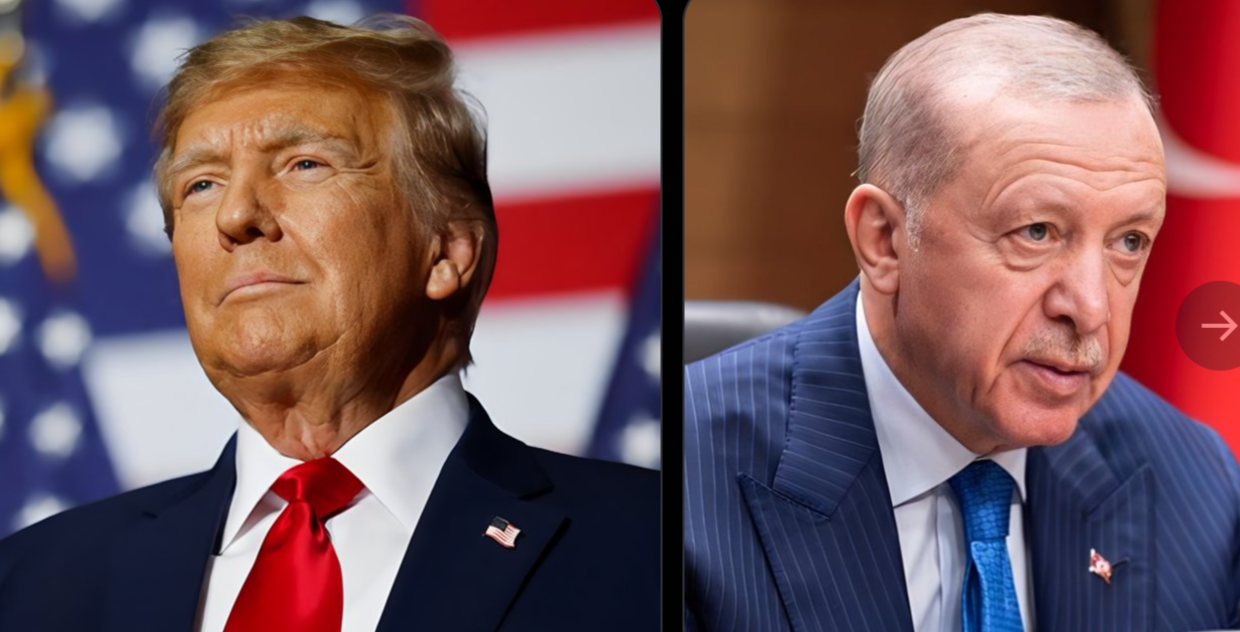

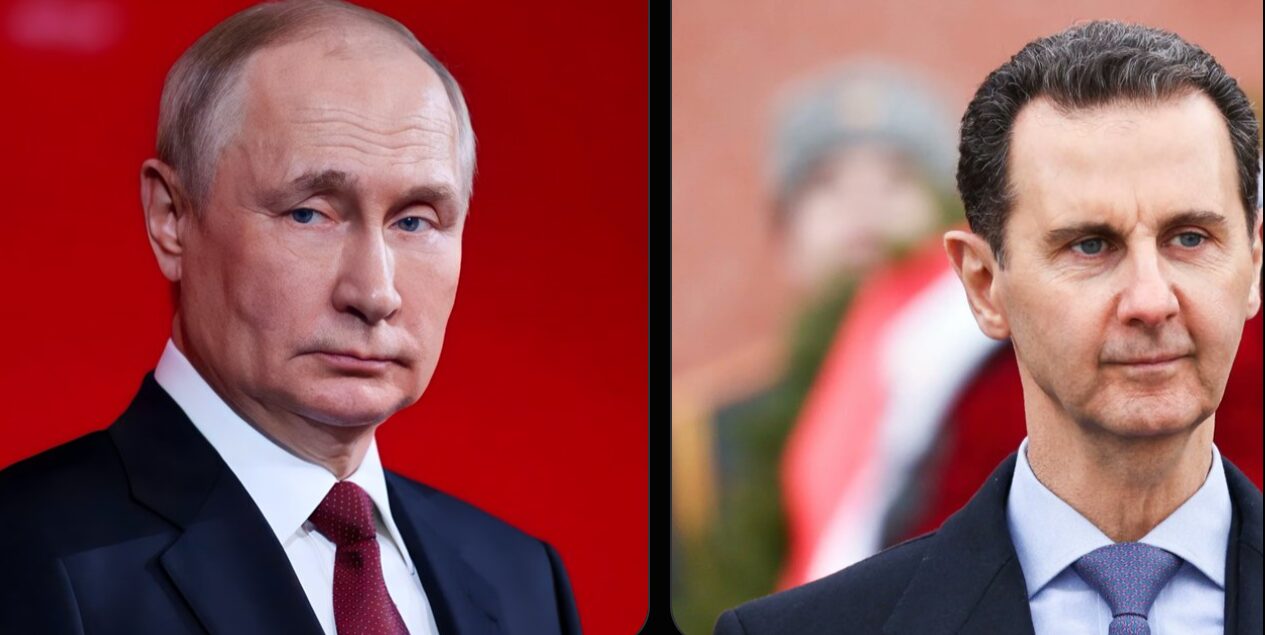
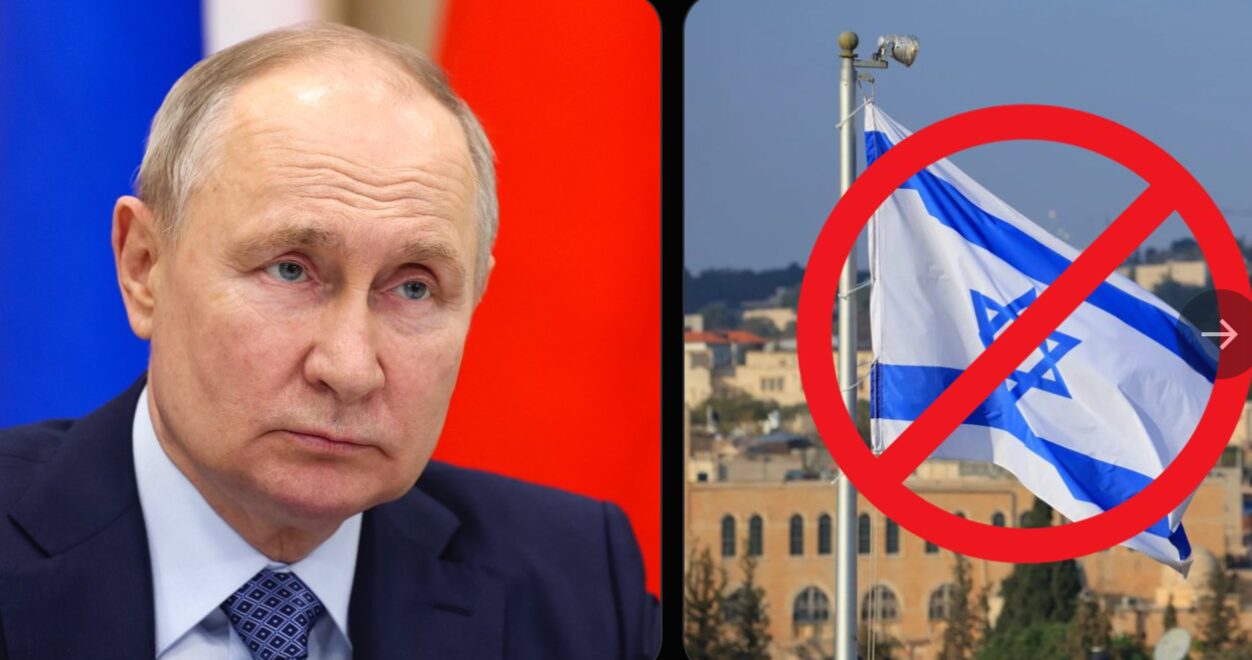

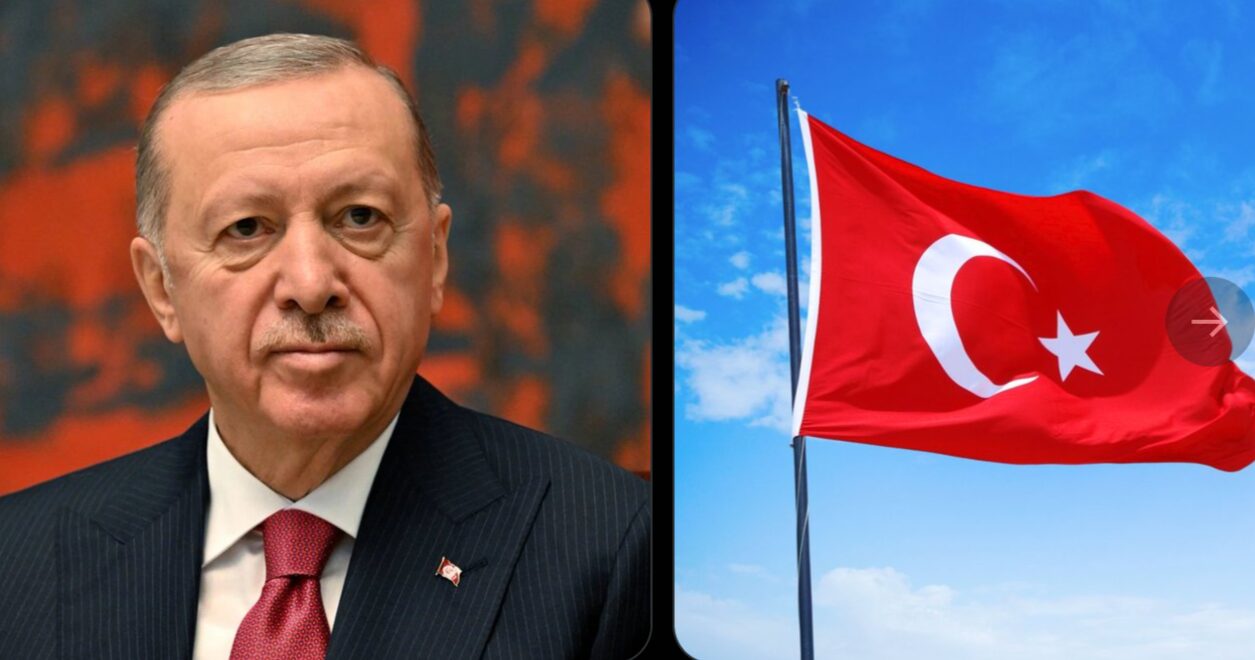
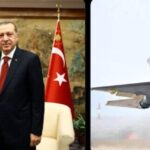
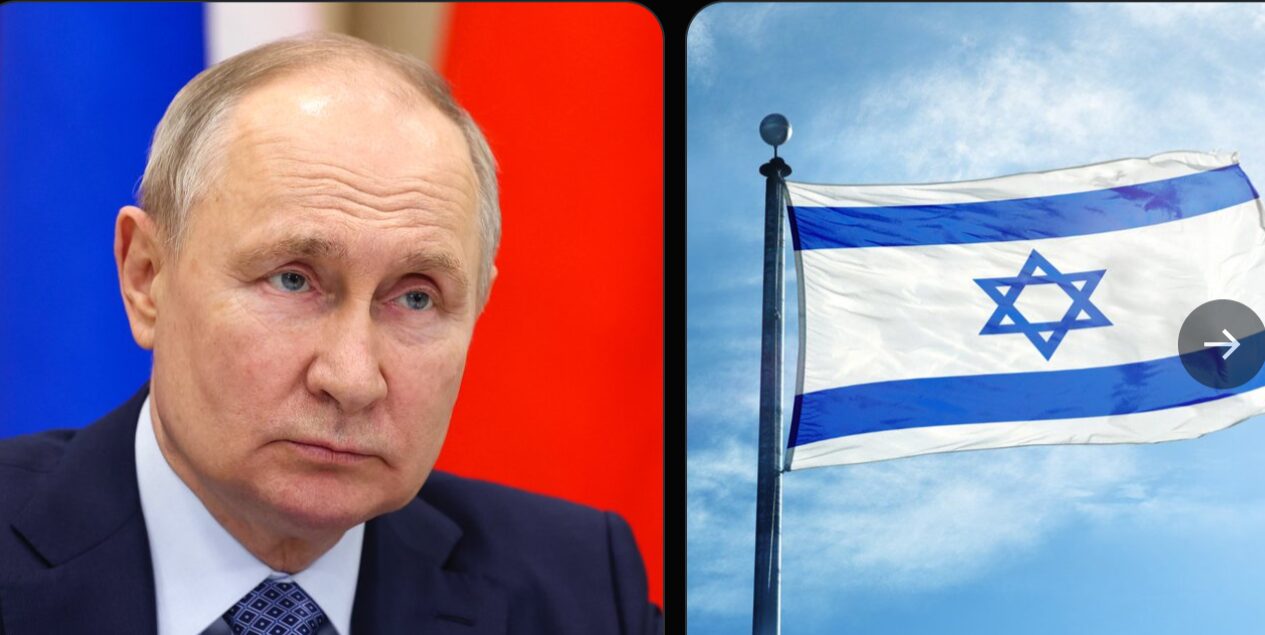









Post Comment